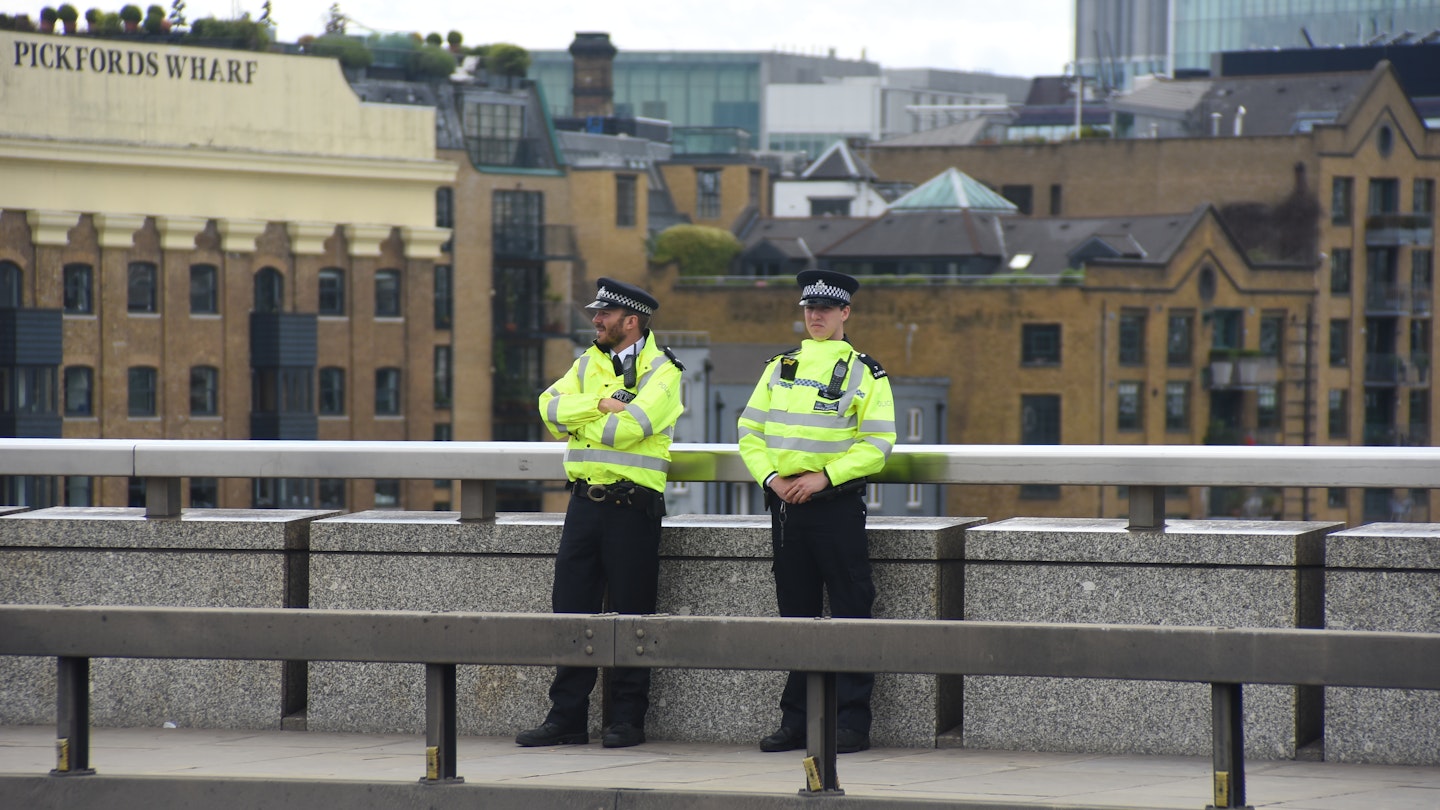The Metropolitan Police confirmed this afternoon that they are treating an incident at London Bridge that occurred earlier today as a terrorist incident, with a number of people stabbed and one man shot dead by police.
"I am now in a position to confirm that it has been declared a terrorist incident. We are working jointly with the City of London Police as we continue to respond," AC Neil Basu told media in a statement delivered outside of Scotland yard, "Officers from the Met Counter Terrorism Command are now leading this investigation."
In the immediate aftermath of the incident many turned to platforms like Twitter in an attempt to understand the gravity of the situation, and terms including London Bridge and #LondonShooting began to trend as eyewitnesses took to the social media network to share graphic first hand accounts from the scenes.
Some of these videos have already been viewed over 700,000 times since they were first posted, as the Metropolitan Police themselves turned to the platform to encourage people to 'use common sense and restraint in circulating pictures and videos of the #LondonBridge incident.'
In the wake of a shooting earlier this year when a terrorist opened fire at a Mosque in Christchurch, footage of the violent attacks which claimed over 50 lives were circulated across social media platforms and picked up by Britain's tabloid member, despite the urgings of authorities and New Zealand's Prime Minister Jacinda Ardern to refrain from sharing the content.
In situations such as these - where social media can act as a vehicle for unconfirmed reports to spread quickly by users eager to better understand an unfolding news stories - remember your clicks matter. It might seem innocent to retweet something, or send an Instagram photo to a friend, but the ripples of your stone can extend much further than your immediate social circle.
The families of today's victims don't need to see the gruesome scenes retweeted into their timelines as the conditions of their loved ones remains unknown.
